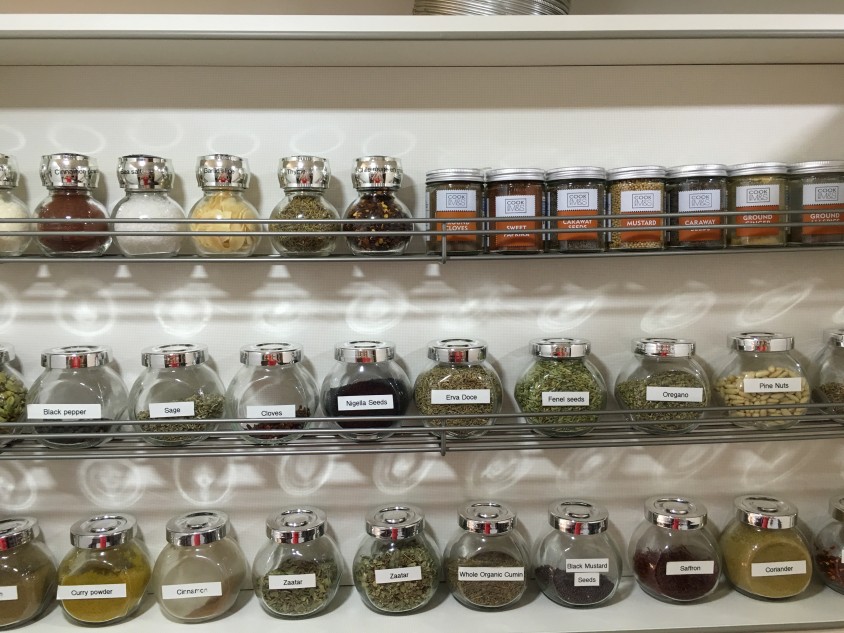Moni’s kitchen essentials and ingredients to have in our cupboards.
At times of crisis we need to take even greater care of our health and wellbeing. The key is to do that while keeping our costs at the absolute minimum. Shopping smartly and ensuring we store the right foods are critical to riding out these uncertain and turbulent times. A big part of this is avoiding the usual pitfalls of shopping, the junk and zero nutrient options that line the routes in all our supermarkets and grocery stores. There’s no reason for us not to be able to shop well, making healthy options that last and sustain us. We’ve drawn up the following list that make up the ingredients for a wide range of healthy and tasty recipes, loaded with the nutrients that our bodies need.
Beans & Pulses
Pulses are relatively cheap, last long and are a low-fat source of protein, fibre, vitamins and minerals. Rich in starch that add fiber to any meal, they’re also a good source of iron.
- Lentils
- Beans
- Peas
- Broad Beans (fava beans)
Wholegrains
Wholegrains contain micronutrients like fibre, vitamin B, minerals, protein and are a natural antioxidant. Studies found out that a 30g serving of any wholegrain may lower your risk of heart disease and support your digestive health, i.e. your gut.
- Quinoa
- Buckwheat
- Oats
- Wholemeal/Brownpasta
- Wholemeal/Brown rice
- Wholemeal/Brown noodles
Condiments
Condiments are a great addition to any meal and add flavour and in many cases have health benefits. However use them with some caution as some of them contain additives and large amounts of salt and sugar. Below are some options for your pantry.
- Vinegar (any kind)
- Olive oil
- Miso (careful has high salt content)
- Maple syrup (careful has high sugar content)
- Mustard (choose carefully as some do contain a lot of salt and fat)
- Chia
- Pesto
- Tahini
- Kimchi
- Sauerkraut
- Hummus
- Honey
- Nutritional Yeast
Spices
Spices have been used in medicine for thousands of years and are the magic that bring many dishes to life. They provide multiple health benefits and used well will add tons of flavour to your meals.
- Turmeric
- Cumin
- Ginger
- Garlic powder
- Cinammon
- Papikra
- Curry powder
Nuts
As we all know nuts are one of the healthiest snack options and contribute very healthy fats to our diets, as well as fiber and protein. However, keep your daily portions to a minimum, as they do also pack a lot of calories and fat.
- Almonds (very healthy)
- Walnuts (exceptionally healthy)
- Pecans
- Pistachios
- Brazil Nuts
- Peanuts
- Hazelnuts
Seeds
Seeds by definition are the unit of reproduction for plants, they are the first steps in their life cycle. Being a plant based source they provide many nutrients with essential amino acids and minerals which include, calcium, copper, zinc and magnesium. These seeds are very important for vegetarian diets. They assist in improving digestion, immunity and bone health.
- Sunflower seeds
- Pumpkin seeds
- Chia seeds
- Sesame seeds
- Flaxseed
- Mustard seeds
Frozen items
Vegetables frozen at harvest retain the most amount of their nutritional value. Studies have found that they retain greater amounts of their original nutritional content than vegetables that are transported from country to country, for long periods of storage before they get sold as fresh produce in our markets.
- Peas
- Spinach
- Corn
- Chickpea
- Carrots
- Edamame
Be healthy and safe!
Moni, xx






Leave A Comment